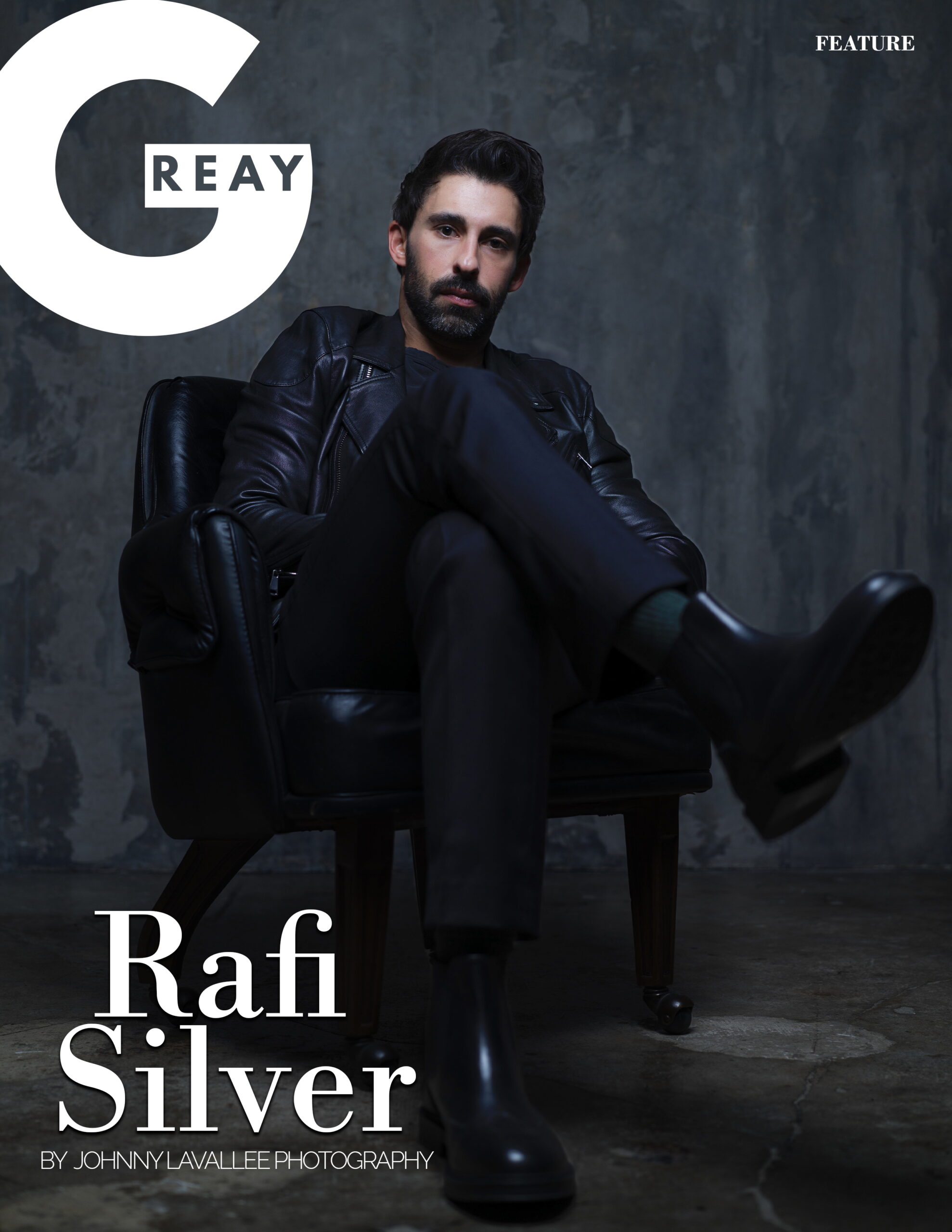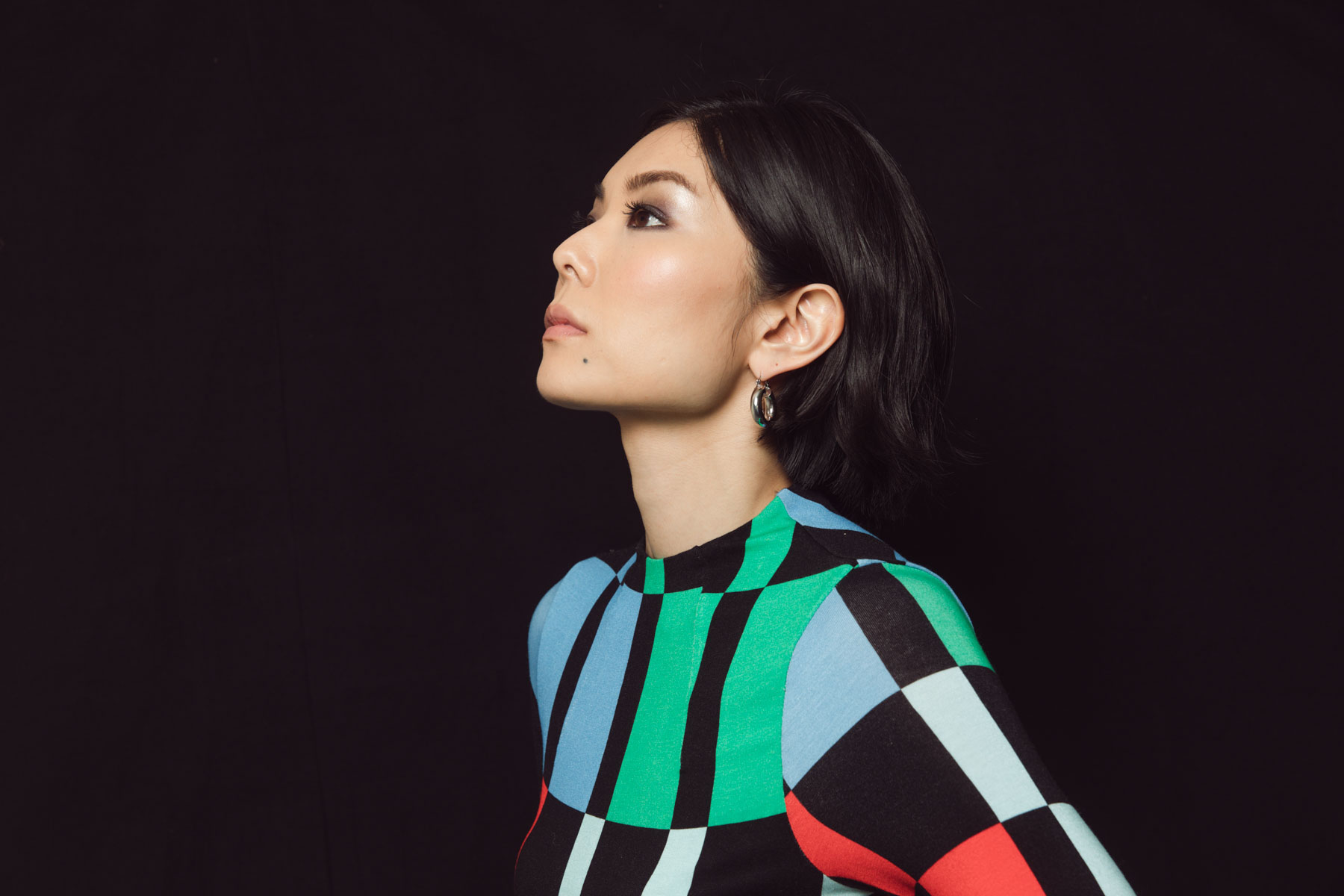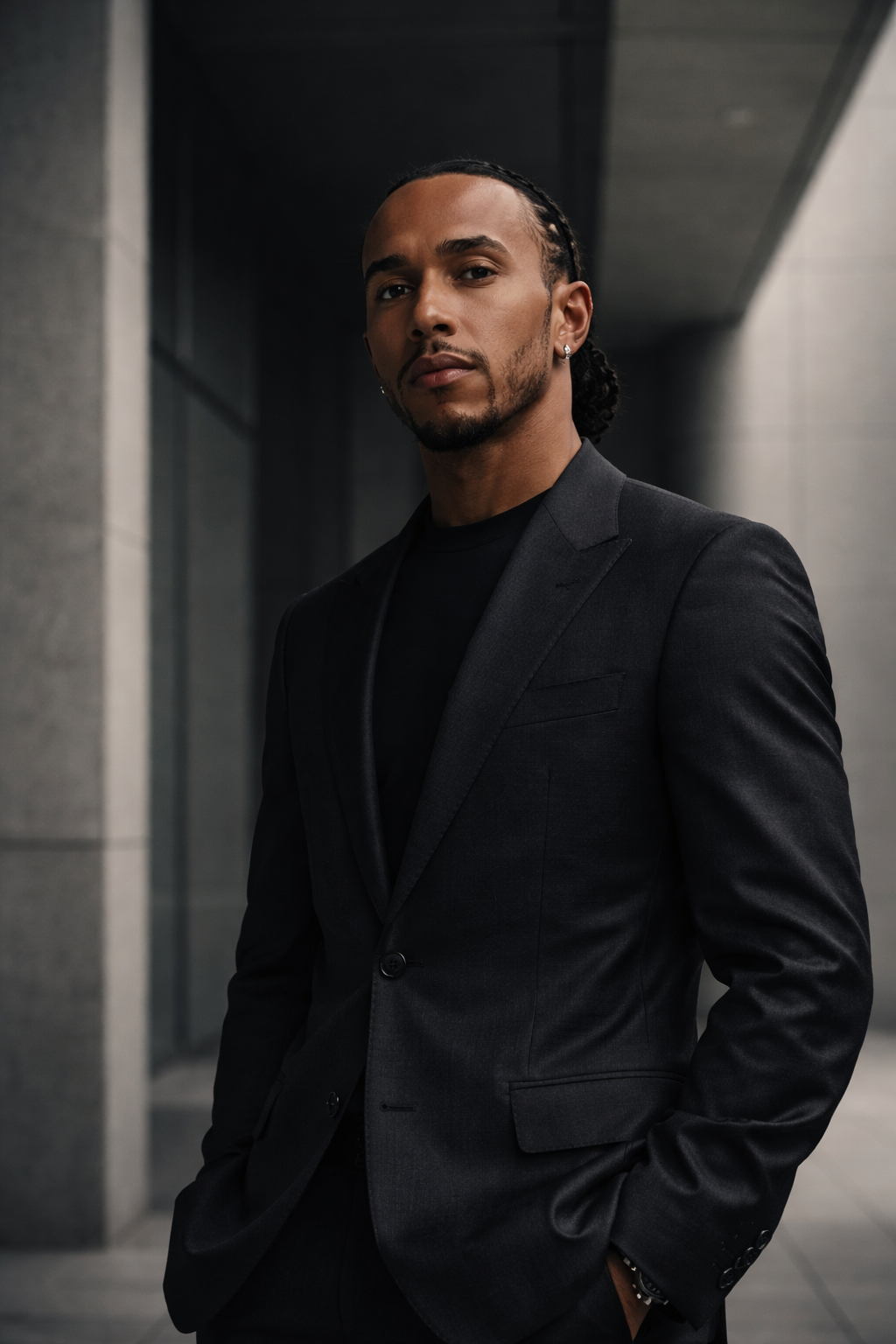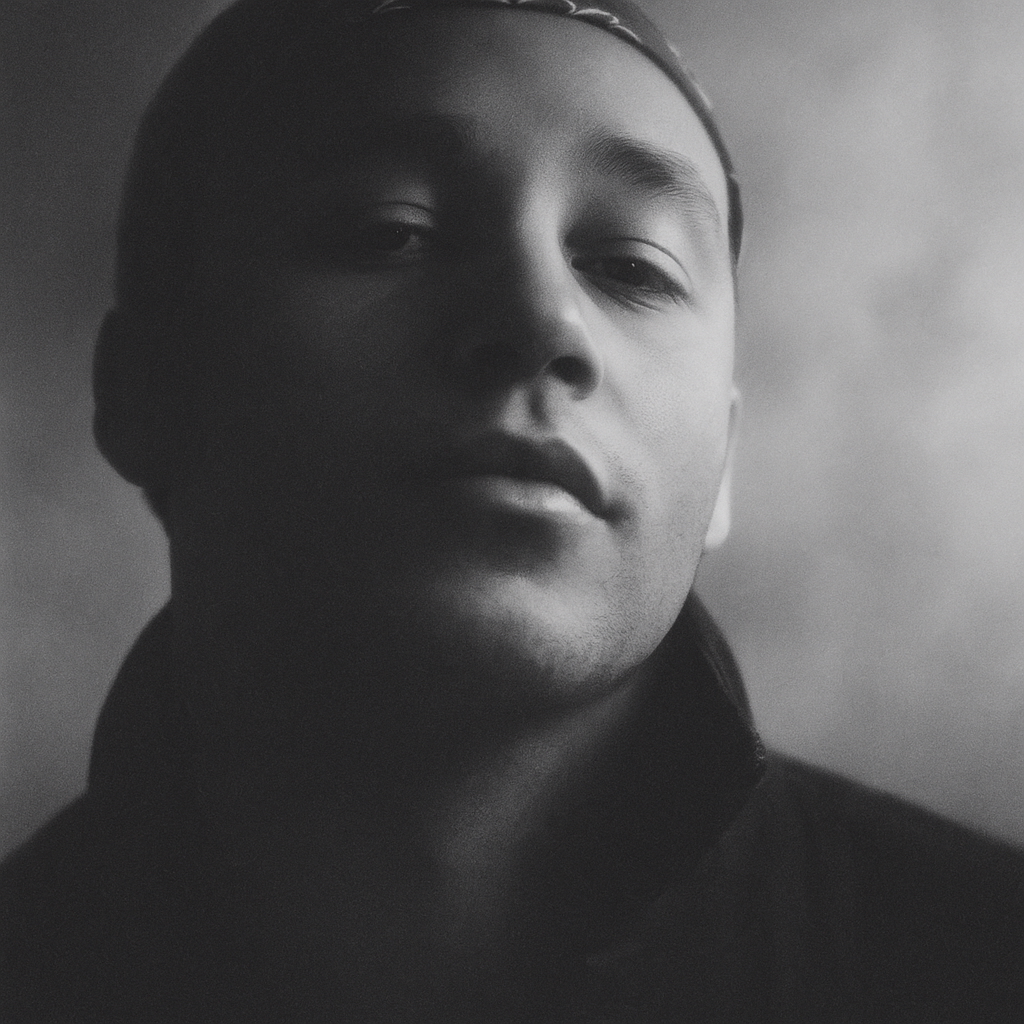
Between Vulnerability and Strength: Andrew Liner’s Story
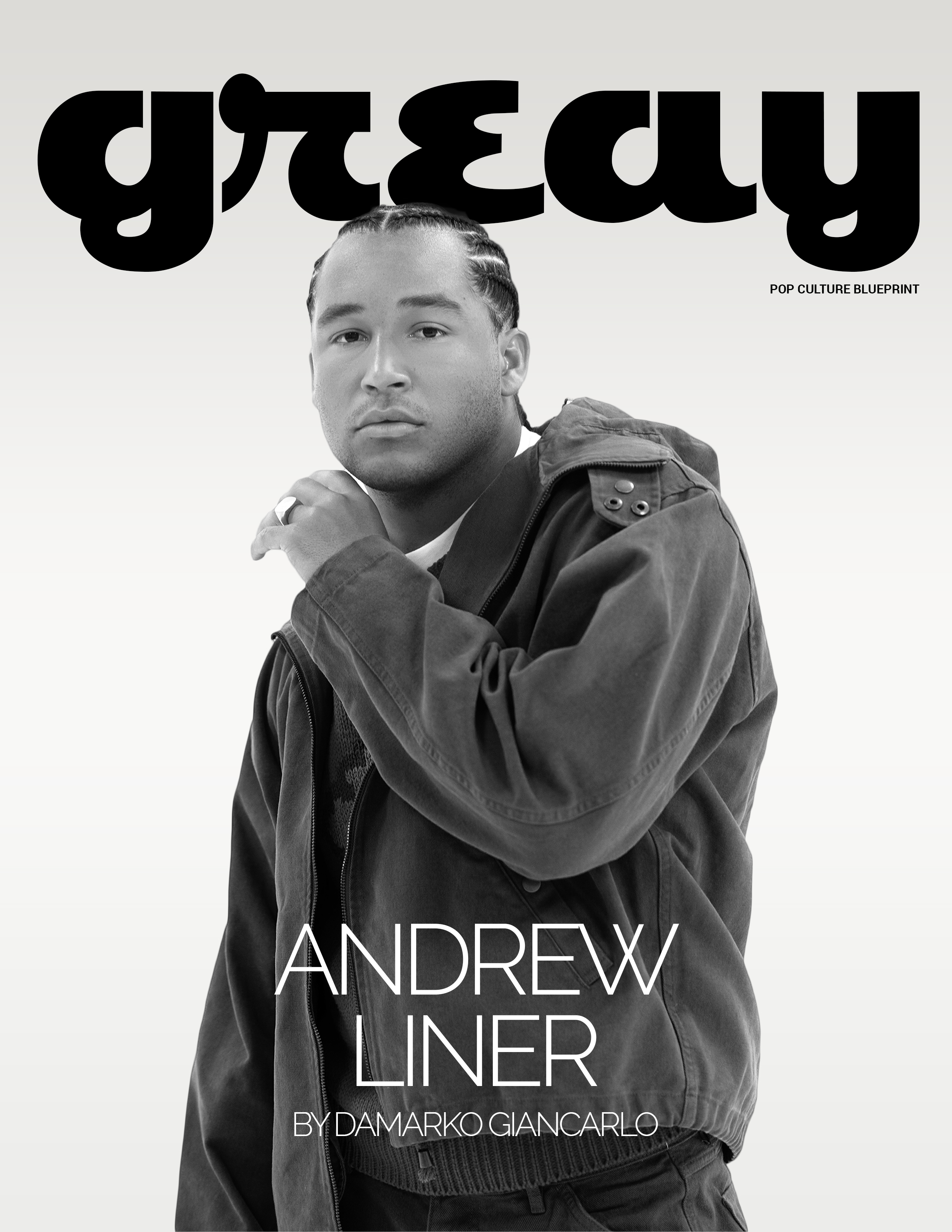
By Kyra Greene
Andrew Liner has always been drawn to the transformative power of storytelling, though his path to Hollywood wasn’t one of certainty but of discovery. What began as a shy kid watching movies on weekends soon turned into a calling—one fueled by the influence of greats like Jake Gyllenhaal, Paul Newman, and Jack Nicholson. That journey has led him from Grown-ish to Vampire Academy, and now to his latest film Bang Bang, where he delivers a raw and deeply human performance as Justin, a role that pushed him to channel empathy in unexpected ways. From embodying the spirit of his late grandfather in a school play to navigating over 180 auditions before his breakout, Liner has embraced both vulnerability and resilience as cornerstones of his artistry. With credits spanning indie films, Netflix dramas, and his own projects in development, he stands as part of a new generation of actors rewriting what it means to be seen in Hollywood.
You’ve described yourself as a “shyer kid” who stumbled into performing arts almost by accident—do you remember the exact moment you realized acting could be more than just a school elective?
I think the only reason I was a shy kid was because I had my brothers who were both very outgoing, and I didn’t need to be because they were. If I had to pinpoint a moment where I knew acting could be more than just school, it would be after watching movies every weekend and realizing I wanted to make people feel things just like these filmmakers and actors made me feel and change and grow. Jake Gyllenhaal, Paul Newman, and Jack Nicholson were big influences for me and made me fall even deeper in love with acting.
Playing your grandfather in a school production sounds deeply personal—how did that role shape the way you approach storytelling today?
My grandfather was a Holocaust survivor and he passed away three months before I did the show playing him, so it was really hard and really personal. It was a sense of vulnerability that I hadn’t experienced before, so for me being on stage alone was daunting enough. But on top of that, being a mixed-race Jew playing my recently passed Holocaust-survivor grandfather in fifth grade was even scarier. Having to open yourself to the people that are within you was something I was newly understanding—that my grandfather wasn’t gone because he still lived within me. I think a lot of the characters I’ve played are within me now and never really leave.
Grown-ish came just months after signing with a manager, but then you faced 181 auditions before Vampire Academy. What did that stretch teach you about resilience in Hollywood?
That stretch was really hard for me because I never thought I was a bad actor, so I never thought I was undeserving of work. But I had to re-organize how my mind worked and how I thought about auditioning and booking work. It’s a game. You can’t desire too much. You can’t desire too little. Yes, you have to want it, but you can’t want it too much. Practicing patience and having some form of faith and belief that it will happen when it needs to happen, and knowing there’s nothing I can do about it except control the controllables.
You’ve admitted to comparing yourself to actors like Timothée Chalamet early on—when did you stop measuring yourself against others and start trusting your own path?
I think when I stopped comparing myself to others was around the time right before booking Vampire Academy. I was re-centering myself and working on my mental health, and how I perceived my work. I found patience and a level of contentment with myself, and I started to believe in my path.
As a mixed-race actor navigating Hollywood, what’s been the most eye-opening part of being “in-between” casting categories?
I think the most jarring thing has been not being Black enough, not being white enough, not being Latino enough—when there are Black people, Latino people, and white people that look like me. Representation is very important to me because as a mixed man in Hollywood, you don’t fit in anywhere. I want to show people that look like me that we are here and striving for greatness like everyone else.
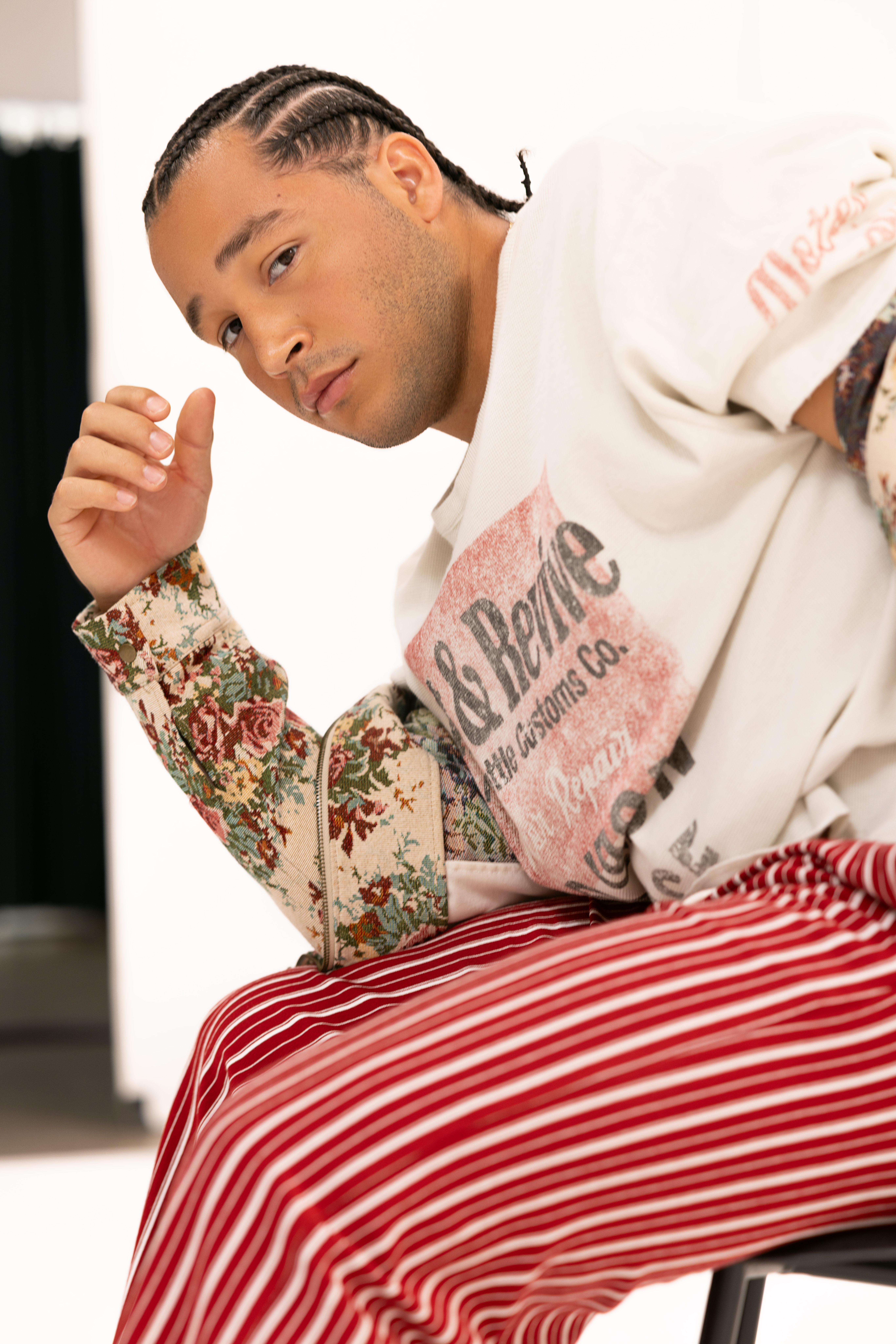
You got close to playing Colin Kaepernick in Ava DuVernay’s series, which must’ve been surreal given your love of football—what did you take away from that near miss?
I think that miss was very affirming to me because I loved the project so much. It was a window into what it’s like to be mixed. I loved Colin Kaepernick growing up just like I loved Logic or Drake or Steph Curry because these people made me feel seen. It helped me come to the realization that I want to do that for someone, and a way I can do that is to continue to stay on my path, work, create, and dominate. It pushed me to create stuff for myself, so I’ve been writing and telling stories that are very personal to me—about my adoption, about being mixed, about being Jewish, or about being a man. That audition to play Colin was very affirming and acted like gasoline to the flame.
You’ve called yourself an “introverted extrovert.” How does that duality play into the way you prepare for characters?
It is honestly very good for me because a character like Justin in Bang Bang is very introverted and quiet and, in his head, but Mason from Vampire Academy is a loudmouth flirt who knows everybody and is very much an extrovert. So, I can kind of do both without it feeling too strenuous. It is hard when I’m feeling very introverted to play an extrovert because the last thing I want to do is be boisterous and all over the place. But the same goes for when I’m playing an introvert and I’m feeling very extroverted. I think it’s easier to bring something down versus bring it up, but they both have their set of challenges.
You’ve said acting is about empathy and lived experience. What’s a role or scene that pushed you to tap into a part of yourself you didn’t expect?
I think you have to live life to the fullest. You have to put yourself in other people’s shoes, and sometimes that can be hard. If you’re not living or coming from a place of understanding, then you’re closing yourself off to people you could potentially be playing. I think Bang Bang is a perfect example of this because I am not like Justin as a person, but I’ve seen the relationship of coach and athlete, father and son, and I know it very intimately. I have people in my life that haven’t had father figures or male mentors, so I put myself in their shoes and tried to come from a place of understanding. If I didn’t, I would be lying and performing instead of trying to tell the truth—talking and listening like a human being.

Your friendship with Niko Guardado even led to co-writing a film together—how important is it to build genuine creative communities in such a competitive industry?
This industry is very competitive, but it’s an art form. Having friends on the same path as you doesn’t mean they’re taking from you, because nothing is yours. It pushes you to be better and it creates a space for you to grow as a creative—as an actor, a writer, or a filmmaker. We are the next generation, and the only way to get better is by surrounding yourself with people who are better than you. I want to be the best that I can possibly be. The script we wrote together was born out of not having friends in the industry. We found each other and created a piece of work through that loneliness, and found that creatives want the best for the creative world. Niko has gone as far as telling me to audition for certain projects, and I’ve done the same for him. You can wish success for others as well as wish success for yourself.
You’re developing your own projects—two films and a series. What kind of stories do you feel Hollywood isn’t telling right now that you want to put forward?
Personally, stories that have mixed races, adoption, and Judaism. I write for myself—clearly very egotistical. I feel like comedies right now are struggling, like those good old early 2000s and 90s comedies. I think funny is swinging back into the fold again, though. I like human stories, realness, honesty, and depth. Hollywood is scared to make that right now because it is not guaranteed to make money unless it’s an IP superhero movie or a remake, prequel, or sequel. So, I wish Hollywood would get back to Good Will Hunting and indie films like that. But not a lot of Hollywood has the guts to put money into films like that anymore, so I’m fighting an uphill battle.
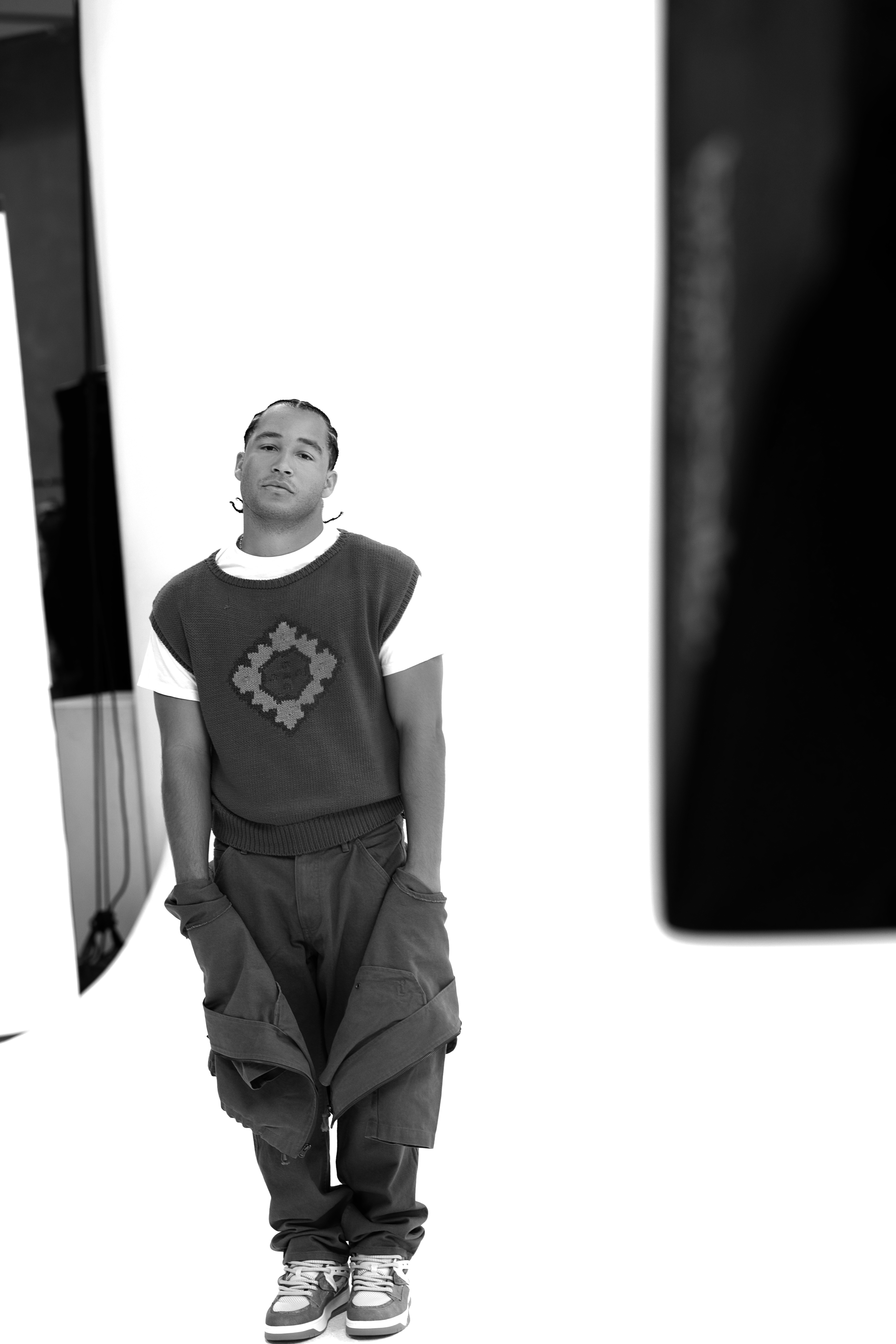
Do you see writing and producing as a way to claim more control over the roles you get to play, especially as someone who doesn’t always fit into neat casting boxes?
Yes. As an actor, you are a pawn in someone else’s game. This writing, producing, and directing side of me was born not to claim more control—although that is nice—it was born because I was sick of waiting for someone to give me a chance. I’ll go make the chance myself and have it be something I actually want to do.
You worked on Please Don’t Feed the Children with Destry Spielberg in her directorial debut—what was it like being part of a project that marks such a pivotal first for her career?
I’m so glad I got to be a part of Destry’s journey. We had an experience on set that was truly unforgettable, and I wish her all the best in her future.
From indie films like Bang Bang to Netflix dramas and now writing your own projects, what do you hope people say about Andrew Liner’s body of work five years from now?
I hope people can isolate performances and say they felt something from that. I hope that I will continue to give mixed people representation, and I hope that I can turn in performances that really affect someone. I hope that they will start demanding me for more work and say I’m on the right path.
As Andrew Liner looks ahead, it’s clear his journey is not just about the roles he plays but the truths he brings to them. Whether amplifying stories of mixed-race identity, exploring his roots through deeply personal writing, or co-creating with his peers, he’s crafting a body of work that’s both intentional and resonant. For Liner, success isn’t about fitting into a box—it’s about breaking the mold entirely and leaving behind performances that make audiences feel, reflect, and remember. Five years from now, he hopes viewers will simply say: he made us believe.
Photography DaMarko GianCarlo www.damarkogiancarlophotography.com
Produced By Kyree L. Frazier @Firstsight.Intl
Words Kyra Greene @noteasybingreen
Make Up Tamieka Gardner @tamiekmua
Grooming Raining Stylez @rainingstylez
Wardrobe Vincent Weathersby @styledbyweathersby
Asst Wardrobe Monica Sera @shegoeseverywhere


